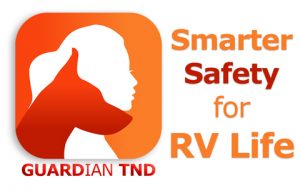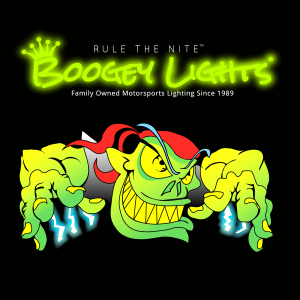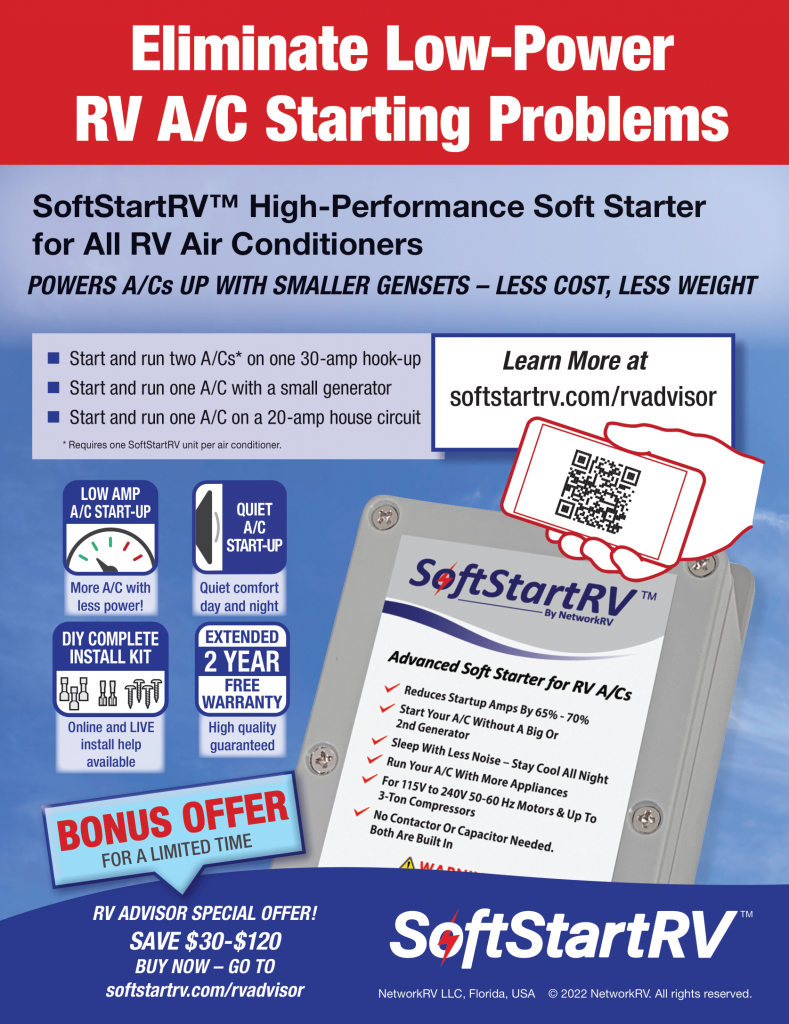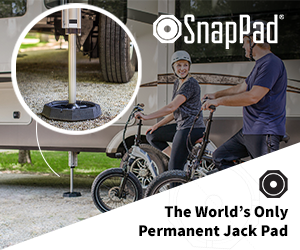Road trips are great for making family memories, but they aren’t much fun if you’re dealing with car sickness
Do you find that road trips make your child miserable with nausea? You’re not alone. Lots of people struggle with car sickness, and kids seem especially prone to it. If you’ve got a long drive ahead of you, car sickness can suck all the joy out of your family trip.
Although you may not be able to avoid car sickness completely, there are a few things you can do to make it easier.
Understand the cause of car sickness
Car sickness is a form of motion sickness, and it occurs when the brain gets its wires crossed from the inner ears, eyes, and nerves.
When driving, the inner ear can sense the motion of the car, but the nerves in the body do not. This sends the brain conflicting signals and causes the body to get out of whack.
Children are especially sensitive to this conflicting information – probably because they sit low in the car. Imagine your child sitting in the back seat, hardly able to reach the window. Their ears are feeling the motion, but the rest of their senses don’t. Pretty soon, they’ll be fighting cold sweats, loss of appetite, nausea, and fatigue.
With this sensitivity in mind, there are a few things you can do to help. Here are our 5 all-around best tips for avoiding car sickness on your RV adventure!
1. Limit sensory input
One of the worst things for car sickness is reading a book or watching a movie. It’s tempting for parents to employ these tools to get some peace and quiet, but focusing on a static object only increases the inner ear’s confusion.
Instead, encourage your child to look out the window. Roll it down, and let them feel the breeze and see the motion. This will help their bodies get connected to the motion of the car and ease their symptoms.
If your child takes naps, try to travel during nap time. If their eyes are closed and they are resting, it can calm the feelings of nausea.
2. Provide good air circulation
Air circulation is another important way to prevent or heal car sickness. Recycled air or stale air from lack of good AC can feel stifling. Every once and awhile, roll down the windows and let the fresh, moving air flow through the car.
It can balance the equilibrium and ease nausea. It’s also a good idea to clear the air of any strong odors, so leave the scented air fresheners at home.
3. Plan meals with care
If you know your child is susceptible to car sickness, select meals with care. This includes meals a few days leading up to the trip as well – avoid greasy, spicy foods. Don’t eat a big meal right before setting out either, as a very full stomach is often a recipe for nausea in the car.
Plan to bring snacks that are easy on the stomach. Skip the heavy burger drive-throughs’ and diners. Instead, bring bland snacks like saltines, goldfish, or banana. Avoid sugary or caffeinated drinks and stick to plain ice water.
It’s not a good idea to skip food altogether, even if your child doesn’t have an appetite. Regular small snacks that are bland and go down easy are the best way to keep nausea at bay.
4. Talk to your doctor
Sometimes, long trips may require medication to keep car sickness at bay. If you’ve got several hours ahead of you, that’s an awfully long time for your child to feel sick and miserable. If you know your child is prone to feeling ill during car rides, consider talking to your doctor.
Your doctor may be able to recommend an over-the-counter medication that can help keep your child comfortable. In some cases, there are prescription medications that can ease the symptoms of motion sickness.
5. Take frequent breaks
Lastly, schedule frequent breaks for your kids to get out and stretch their legs. When the first signs of car sickness appear, stop the car as soon as possible and let them get out and run around. Or, you can have your child lie down for a minute in soft grass and get grounded.
Plan frequent breaks so that your child can get some relief from feeling ill. Stop every hour or so and let them get some fresh air.
You can help ease the symptoms of car sickness
Car sickness is never fun, but these tips can help you avoid real misery. Follow these simple steps to make it easier, and soon you’ll be enjoying a family trip nausea-free!
Are you interested in joining the RV Advisor community? Membership gives you an all-access pass to everything our community has to offer. Visit RV Advisor today to learn more!































